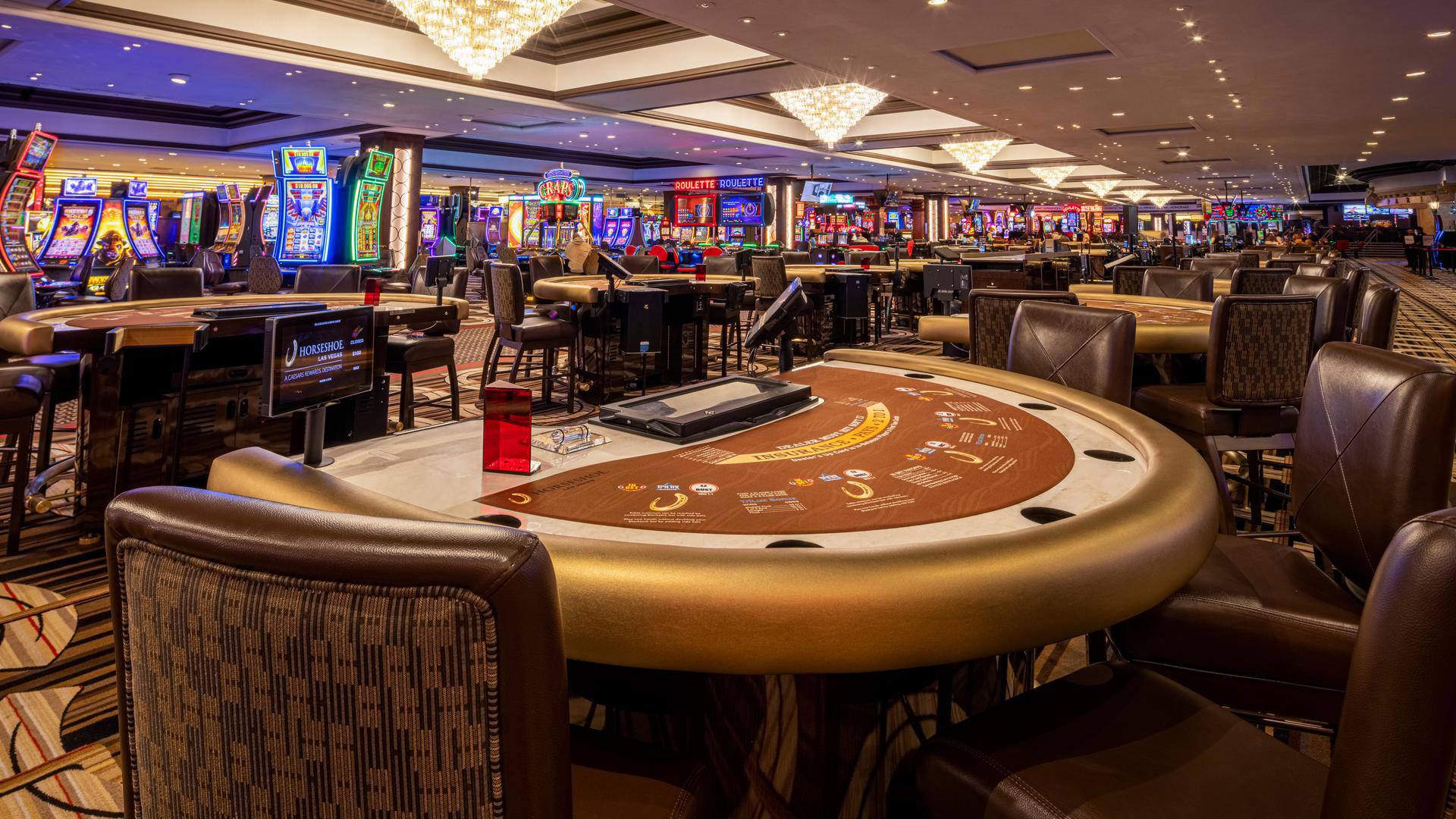Casino games have long captured the fascination of individuals around the globe, becoming an important part of both entertainment and society. From the shimmering lights of Las Vegas to the captivating experience of online gaming, these experiences evoke thrill, risk, and sometimes even a sense of nostalgia. They are more than just hobbies; they have woven themselves into the tapestry of our lives, influencing various aspects from movies and songs to style and books.
The appeal of casino games surpasses the gambling aspect, tapping into larger themes of luck, possibility, and psychology. As players convene around a poker table or turn the roulette wheel, they engage in an age-old ritual that echoes with our collective desire for adventure and instability. This obsession has led to the emergence of countless references in movies, songs, and video games, showcasing how intensely entrenched these pastimes are in mainstream culture. Whether it is the high-stakes tension of a classic robbery film or the lively nightlife portrayed in music videos, casino games have carved out a substantial place that reflects our connection with risk and reward.
Historical Significance of Gambling Activities

Casino activities have played a crucial role in social contexts throughout the ages. Originating from ancient societies, forms of chance were often connected to rituals or events. For instance, early forms of gambling can be linked back to historic Chinese and the Roman Empire, where die games and wagering on results were common pastimes. These activities not only functioned as entertainment but also as means of connecting people, facilitating connections among individuals within communities.
As cultures evolved, so did the complexity and structure of gambling games. The creation of official casinos in the 17th century, particularly in the Italian region, marked a significant shift in how games were perceived and structured. With designated spaces for gambling, the casino became a community center where people from different backgrounds gathered. This evolution contributed to the validation of the industry, transforming it from a mere pastime into an established industry that influenced economy and policy.
The impact of gambling games on mainstream culture cannot be overlooked. As they were brought into the limelight in literature and movies, games such as Texas Hold’em and 21 became symbols of chance, luck, and strategy. Iconic figures and stories have developed around these activities, illustrating societal attitudes towards luck, wealth, and vice. This fascination with gambling games has infiltrated various forms of media, solidifying their status in the public imagination and linking them to broader cultural narratives throughout history.
Depiction of Gambling Games in Entertainment
Casino games have long been a popular theme in different types of entertainment, reflecting both the excitement and intricacies of the world of gambling. Movies such as Ocean’s Eleven and Casino Royal portray characters who navigate intense situations, showcasing not only the allure of the casino atmosphere but also the strategies and judgments that come with playing popular games like Texas Hold’em and blackjack. https://rr88.cooking/ These films often dramatize the thrill of winning and the potential results of losing, encapsulating the perils involved in gambling.
TV programs have also explored the universe of gambling activities, often integrating them into the narrative as a backdrop for character arcs and conflict. Shows like Vegas depict the lives of casino workers and casino-goers, highlighting the lively, often tumultuous energy of the gaming floor. Reality shows featuring high-stakes gambling competitions further emphasize the fascination of casino games, drawing viewers into the excitement and tactics involved in each game. Through these representations, media not only engages but also stimulates conversations about fortune, skill, and the nature of randomness.
Digital games have increasingly incorporated casino games into their development, allowing players to experience the thrill of betting without financial exposure. Games within the domain of digital gaming often include virtual slots, online poker, and other popular casino games, creating an immersive gameplay that mirrors traditional gambling. These digital representations make gambling activities accessible to a worldwide viewer base, appealing to both risk-takers and those who enjoy the thrill of simulation. As a consequence, the representation of casino games in media continues to shape cultural attitudes and importance, highlighting their place in society and social context.
Effect of Gambling Activities on Society
Gambling activities have a significant impact on communities, affecting multiple facets of culture and social behavior. They often function as a platform for community engagement, where people gather to experience a common activity. Casino trips with friends or visits to casinos become social activities that build connections and create shared moments. This collective aspect boosts the entertainment value of gambling activities, making them a popular choice for festivities and leisure activities.
Moreover, casino games have been portrayed in countless movies, television shows, and written works, shaping views and attitudes towards gambling and gaming. Icons like James Bond playing baccarat or the intense poker scenes in films have embedded these games in the collective imagination. This depiction often glamorizes the culture associated with casino activities, drawing in new players and impacting trends in both style and behavior. These representations can ignite curiosity and lead to a deeper investigation of the nuances of gaming.
However, there are also adverse consequences associated with the popularity of gambling activities. The temptation of quick monetary gain can lead to problem gambling and financial troubles for some people. The community must contend with these issues, promoting responsible gambling and education of the dangers involved. Balancing the fun aspect of gambling activities with the potential for harm is crucial to ensure that they remain a positive aspect of our societal fabric.